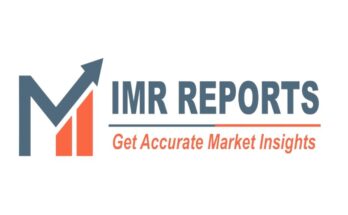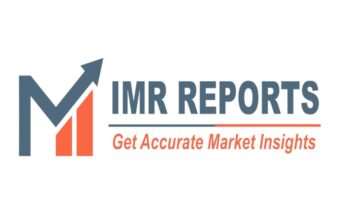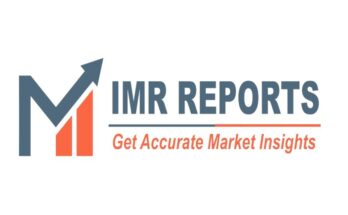Liposomes, a novel drug delivery system (NDDS), are bilayer vesicular structures used in delivering drugs or genetic material into a cell. The aim of NDDS is to deliver the drug at a rate directed by the needs of the body during the period of treatment. Due to the growing number of COVID-19 patients, especially in the US and the European countries, research institutes are pressurized to accelerate their R&D activities to develop drugs and vaccines for the treatment. Thus, companies in the liposome drug delivery market are capitalizing on this opportunity to increase their research in nanomaterials, such as nanospheres, liposomes, and nanoparticles that are active antiviral agents. Liposome drug delivery is being leveraged with increased in vivo and in vitro drug activities for routine clinical practices.
The liposome drug delivery market is expected to reach US$ 6,992.95 million by 2027 from US$ 3,594.41 million in 2019. The market is estimated to grow at a CAGR of 8.8% from 2020 to 2027.
Request sample PDF copy at: https://www.theinsightpartners
The liposome drug delivery market, by application, is segmented into fungal diseases, cancer therapy, pain management, viral vaccines, and photodynamic therapy. In 2019, the cancer therapy segment accounted for the largest market share of the global liposome drug delivery market. The liposome-based treatments have gained popularity to overcome the problems and side effects of the conventional chemotherapy treatment. Liposomal drugs have high encapsulation capacity and hence show a significant anticancer activity with decreased toxicity. Furthermore, drug delivery systems enhance the therapeutic index of anticancer agents and these biomolecules have a natural ability to target cancer cells. The aforementioned factors are likely to be responsible for the growth of the segment in the liposome drug delivery market.
Drugs and devices required for the drug delivery are required to undergo a thorough clinical development process in order to obtain FDA approval. The drug delivery product approval process involves Phase 1, 2, and 3. Costs can be analyzed on the basis of three circumstances—drugs that have been developed through approval, drugs still in development, and drugs that were terminated in development. The survey for new molecules and their integration or encapsulation in liposomes as nano-coating or other technologies also incur significant costs that may not be affordable to small and mid-sized pharmaceutical and biotechnology companies. Thus, the increasing cost for the development of liposomal drug delivery is expected to hamper the growth of the market to a certain extent.
The liposome drug delivery market majorly consists of players such as Takeda Pharmaceutical Company Limited, Novartis AG, Luye Pharma Group, Ipsen Pharma, Celsion, Inc., Gilead Sciences, Inc., Astellas Pharma, Inc., Johnson & Johnson Services, Inc., and Acrotech Biopharma, Inc. The companies are focused toward the adoption of organic and inorganic strategies such as partnerships, agreements and expansion to sustain their position in the dynamic market. For instance, in June 2019, Pacira Pharmaceuticals entered into an agreement with Nuance, a Chinese pharmaceutical company, to advance the development and commercialization of Exparel (bupivacaine liposome injectable suspension) in China.
Buy Now This Report at: https://www.theinsightpartners
About us: –
The Insight Partners is a one stop industry research provider of actionable intelligence. We help our clients in getting solutions to their research requirements through our syndicated and consulting research services. We are a specialist in Technology, Healthcare, Manufacturing, Automotive and Defense.
Contact us: –
Call: +1-646-491-9876
Email: [email protected]



